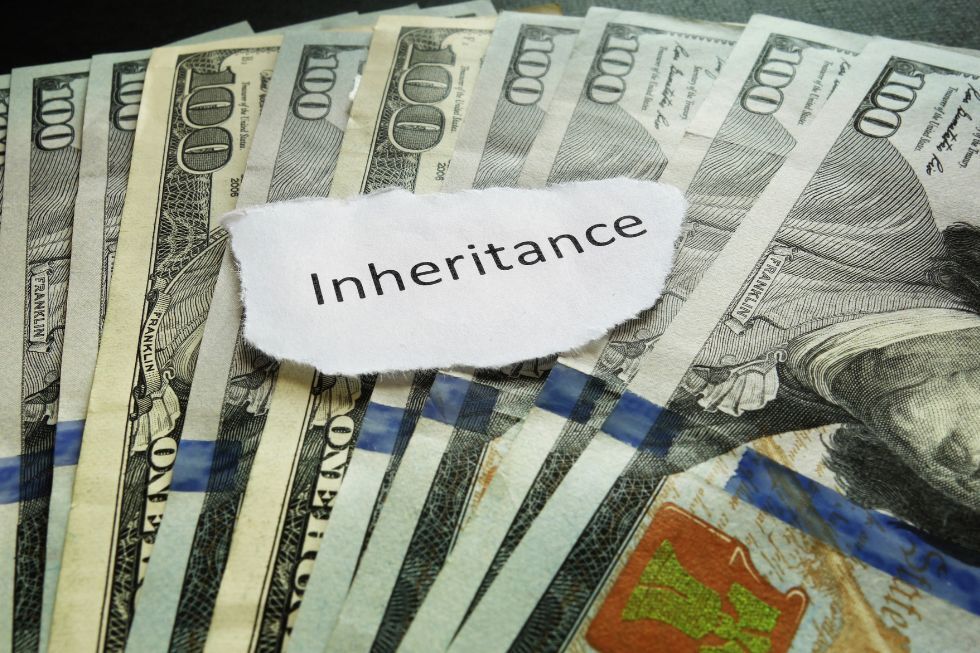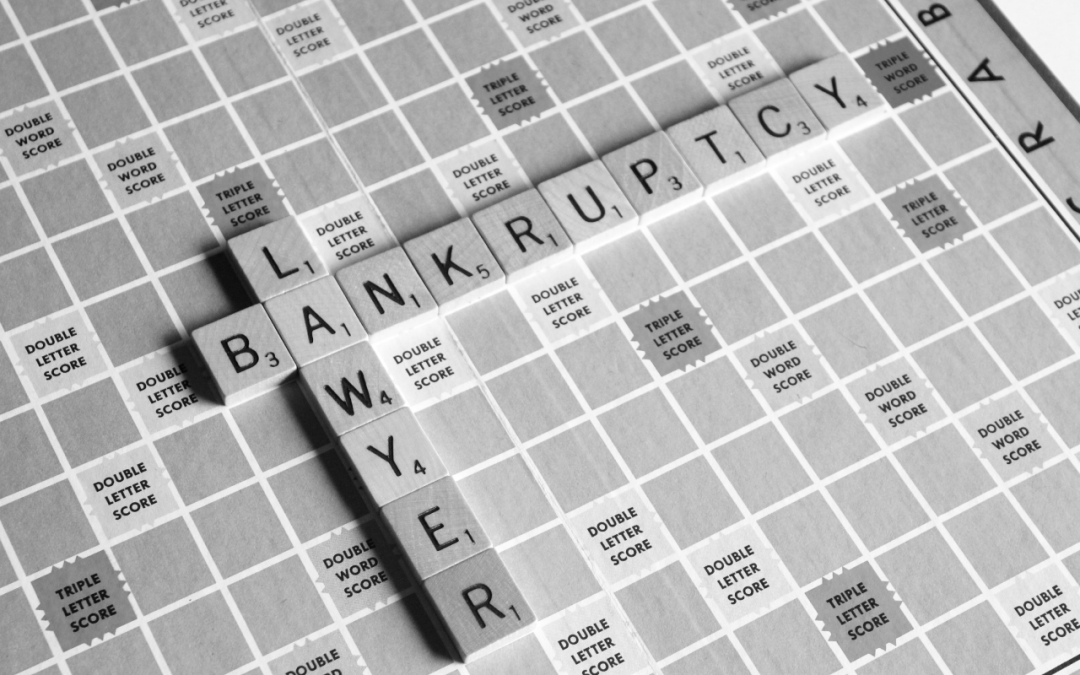Consult Your South Dakota Attorney Before Selling Any Assets During Bankruptcy

The bankruptcy process in South Dakota can be a morass of complications. Most people who file for bankruptcy will not understand all the red tape, nor should they. Before you continue reading this article, we want to reaffirm the importance of having a seasoned bankruptcy lawyer on your side. When it comes to selling assets before, during, or even after bankruptcy, it is highly important you consult your attorney to determine how it may affect your bankruptcy case and financial future.
Can You Sell Assets Before You File for Bankruptcy?
Because bankruptcy is centered around the valuation of your assets – in contrast to your outstanding debts – every action involving an asset is, to some degree, scrutinized. You might have guessed as much, but if you’ve yet to file then you might wonder why selling property could have an impact on your case.
The simple answer is courts aren’t stupid. They know people may attempt to thwart certain aspects of bankruptcy, save themselves some money, and avoid creditors’ efforts to secure what is owed to them. That is why in certain circumstances bankruptcy courts will look back a period of time to determine if a filer has engaged in pre-bankruptcy planning.
What Is Pre-bankruptcy Planning?
Pre-bankruptcy planning is a term generally used to describe selling certain assets that you may have to give up in bankruptcy, then putting that money into assets that are protected or “exempt.” In certain contexts, such actions are considered fraudulent and may delay your filing.
How Do South Dakota Courts Decide if Pre-bankruptcy Planning Has Taken Place?
The first consideration is whether the property is exempt in bankruptcy. What is or isn’t exempt can vary by state, which is another reason why it’s important to hire the right attorney. You can generally assume, for example, that equity in your home is exempt. If you sell exempt property, the court should not take issue since it would be off limits in bankruptcy anyway. However, if the property is non-exempt, which typically includes luxury items, the court may continue to analyze the issue.
If the court finds you sold non-exempt property, it will then look at when the sale occurred. Timelines vary, but the lookback period for most property will fall into the category of a year or two. However, with certain types of transfers, the court may look back longer.
Another factor in the court’s analysis is value received. If the value you received for your property is below fair market, the court may become suspicious. Lower than average value could be an indication of rushing to get rid of something. Additionally, what you did with the sale proceeds will also come into play. If you procured exempt property, added to the value of your existing exempt property, or purchased frivolous items or services, that may also suggest fraud to the court.
While these guidelines are helpful, they are not dispositive. Every case is different. You may be able to persuade a judge your transfers have not been fraudulent, or you may have a difficult time. That’s why it’s critical to have an experienced bankruptcy attorney on your side. Please
contact us today at Thomas A. Blake Law Office to learn more and let us understand your specific circumstances. We can help you navigate the bankruptcy process and all it entails.












